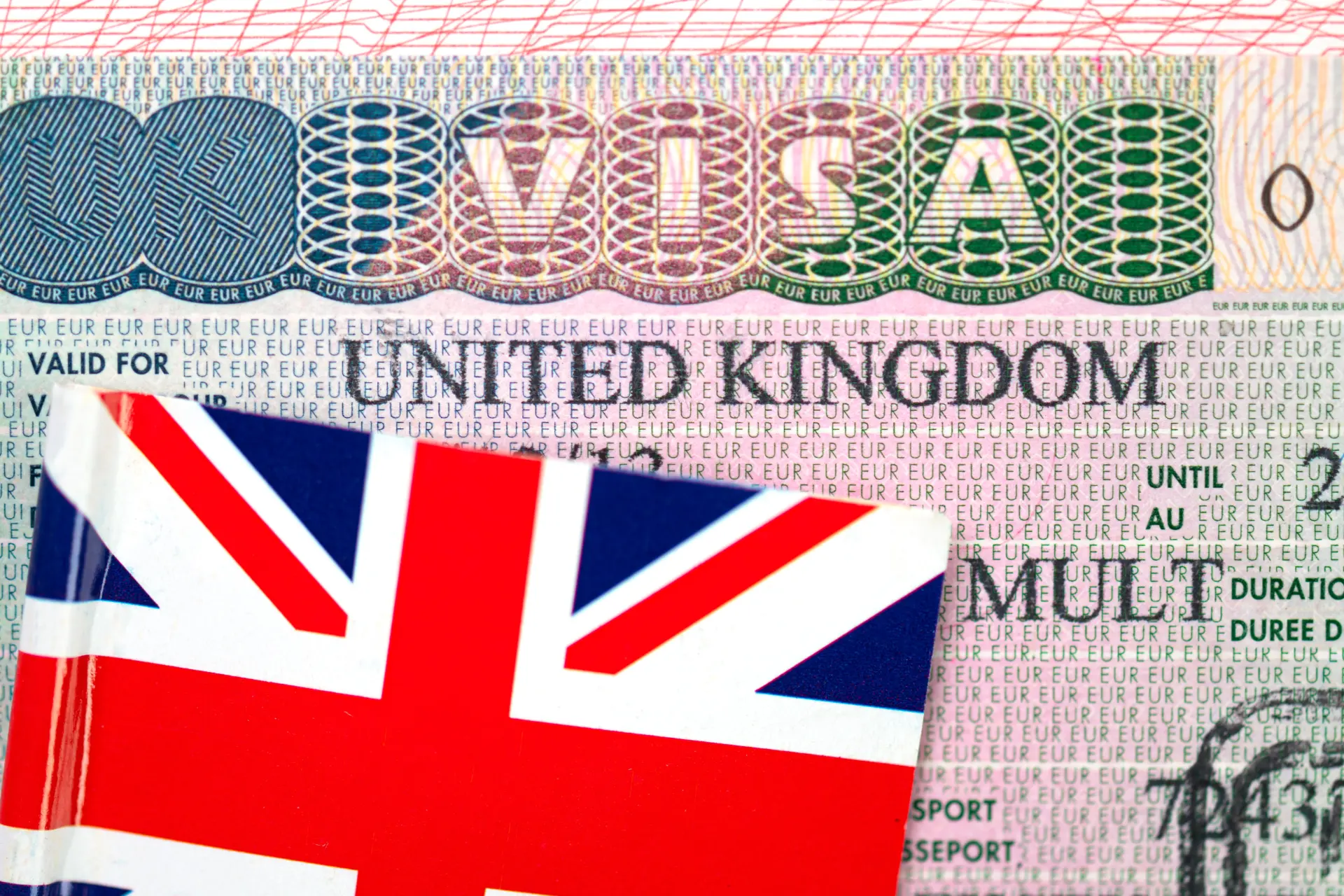It seems that immigration lawyers from all over the world are having to keep up with the relentless pace of changes in law and policy. In the US last week, the introduction of a proposed $100,000 administrative fee for H-1B visa applicants under the Trump administration represents a seismic shift in US immigration policy that could fundamentally reshape the global competition for skilled talent.
Whilst US immigration lawyers work on addressing this change for their clients, this dramatic increase in costs, representing a more than 50-fold jump from current fees, creates an unprecedented opportunity for the UK to position itself as an alternative destination for highly talented and highly skilled professionals seeking career advancement and business opportunities. There is however work to be done by the UK government to ensure it places itself as a competitor for global talent from around the world.
The Impact
The H-1B visa programme has long served as America’s primary gateway for skilled foreign workers, particularly in technology, engineering, finance, and healthcare sectors. With the current base filing fee standing at approximately $460, plus additional costs that typically bring the total to around $2,000-$4,000 per application, the proposed $100,000 fee represents a fundamental shift in accessibility. Whilst it has been said that large companies are on board with the significant fee hike, it is not just these types of organisations that rely on talented individuals using the H1B visa category. SMEs and Start-ups relying on overseas talent will struggle to meet these changes.
This astronomical increase would effectively price out many qualified candidates and smaller employers, creating a two-tier system where only the most well-funded corporations or exceptionally valuable individuals could afford to participate. The ripple effects of such a policy would extend far beyond individual applicants, fundamentally altering the global flow of talent and creating significant opportunities for competing jurisdictions.
The UK’s Strategic Advantage
Cost-Effective Immigration Pathways
The UK’s current immigration system, whilst not without its complexities, offers comparatively more affordable pathways for skilled professionals. The Skilled Worker visa carries application fees ranging from £610 to £1,408 depending on circumstances, a fraction of the proposed US fee. Even when including the Immigration Health Surcharge and other associated costs, the total investment remains well below $10,000 in most cases. This is however just for a single applicant, where companies are looking to sponsor individuals with families, the costs can hugely escalate particularly when considering the costs involved to get to a position for families to apply for indefinite leave to remain in the UK.
More should be done by the UK government to create an immediate competitive advantage, making the UK an economically rational choice for both employers and talented employees. Companies that might have previously focused exclusively on US expansion could find the UK market significantly more accessible from a talent acquisition perspective.
The Global Talent Visa: A Premium Alternative
For exceptional individuals who might have been willing to pay the $100,000 H-1B fee, the UK’s Global Talent visa should offer a more attractive proposition. This route, designed for leaders and potential leaders in academia, research, arts, culture, and digital technology, provides a pathway to settlement without the need for employer sponsorship and the potential to qualify for settlement on an accelerated basis. If made more accessible, this category has scope to attract the world’s best talent to the UK. Unlike the H-1B system’s lottery-based allocation and employer dependency, the Global Talent route offers greater certainty and autonomy although more work could be done to make the endorsement process less onerous and lengthy.
This is clearly something that the UK government is aware of following reports that the Prime Minister’s team is current exploring ways to make it easier to attract people from top universities by abolishing some visa fees. Whilst such action would be fairly superficial, given that this is not the main obstacle talented individuals face, it highlights the difference in approach to attracting talent in different countries which is a stark contrast to the US President’s restrictions on the immigration category preferred by US tech companies.
Positive implications for the UK
Whilst it seems to have been ignored in recent conversations on immigration, high-skilled professionals typically generate significant economic benefits through increased productivity, innovation, and entrepreneurship. Additionally high-skilled immigrants typically contribute more in taxes than they consume in public services, creating a net positive fiscal impact. There are ways that the UK can maintain the balance of welcoming highly-skilled people who contribute to the UK in a number of ways, whilst ensuring that net migration does not escalate.
Research consistently demonstrates that skilled immigration contributes positively to economic growth, with immigrants often creating jobs for domestic workers rather than displacing them. The UK’s ability to attract talent that might otherwise have gone to the US could provide a substantial boost to economic competitiveness. Furthermore international talent often brings diverse perspectives, networks, and approaches that enhance innovation. The UK’s start-up and innovation ecosystem could benefit significantly from an influx of entrepreneurs and innovators who might otherwise have pursued opportunities in Silicon Valley or other US innovation hubs.
The government should be seriously considering the potential for the UK in view of these changes to US immigration policy. The proposed $100,000 H-1B administrative fee represents a watershed moment in global talent competition. For the UK, this development creates an unprecedented opportunity to attract world-class professionals who might otherwise have pursued opportunities in the US.
Success in capitalising on this opportunity will require coordinated action across government, employers, and support organisations. The UK must ensure that its immigration system is efficient, its economic environment is attractive, and its society is welcoming to international talent. There is work to be done.
The question is not whether this opportunity exists, but whether the UK will seize it decisively and effectively. The UK has the chance to emerge in the competition for the world’s best and brightest professionals. The economic and social benefits of success in this endeavour could resonate for generations to come.



